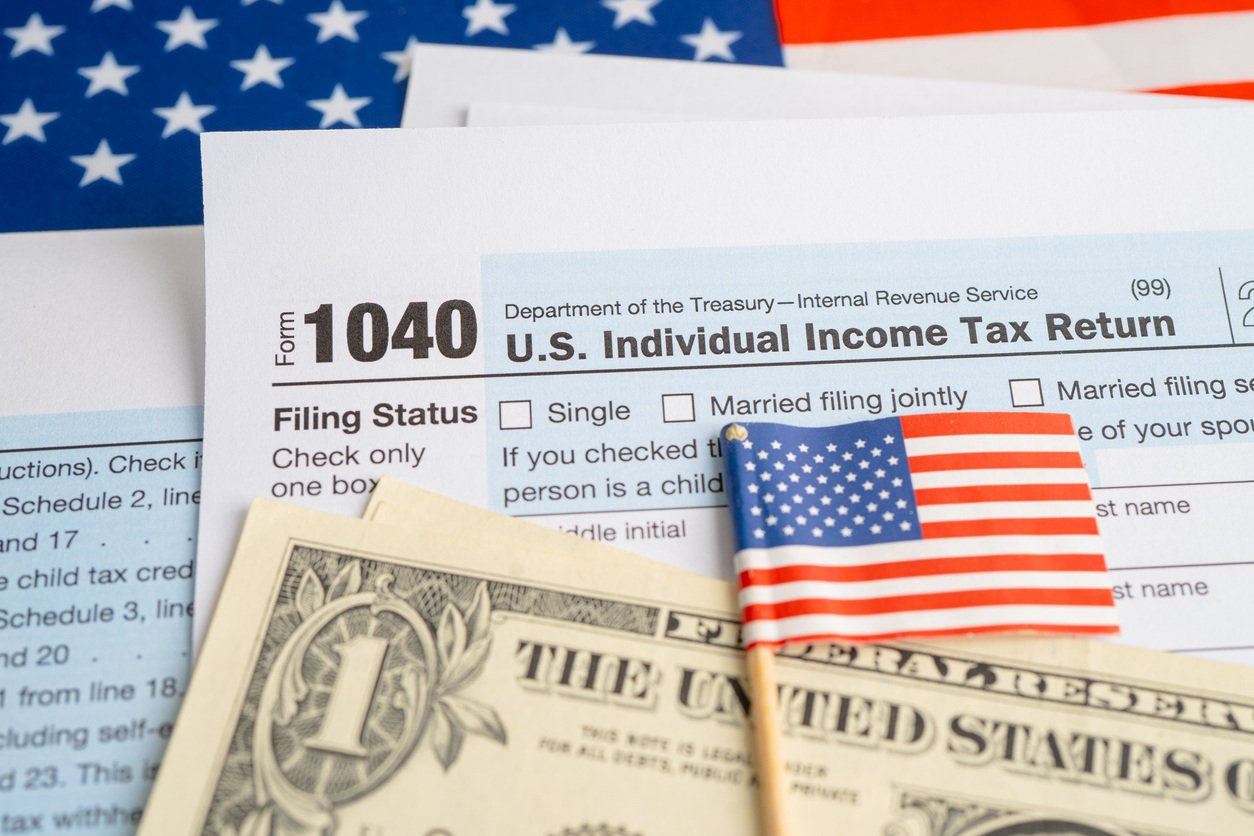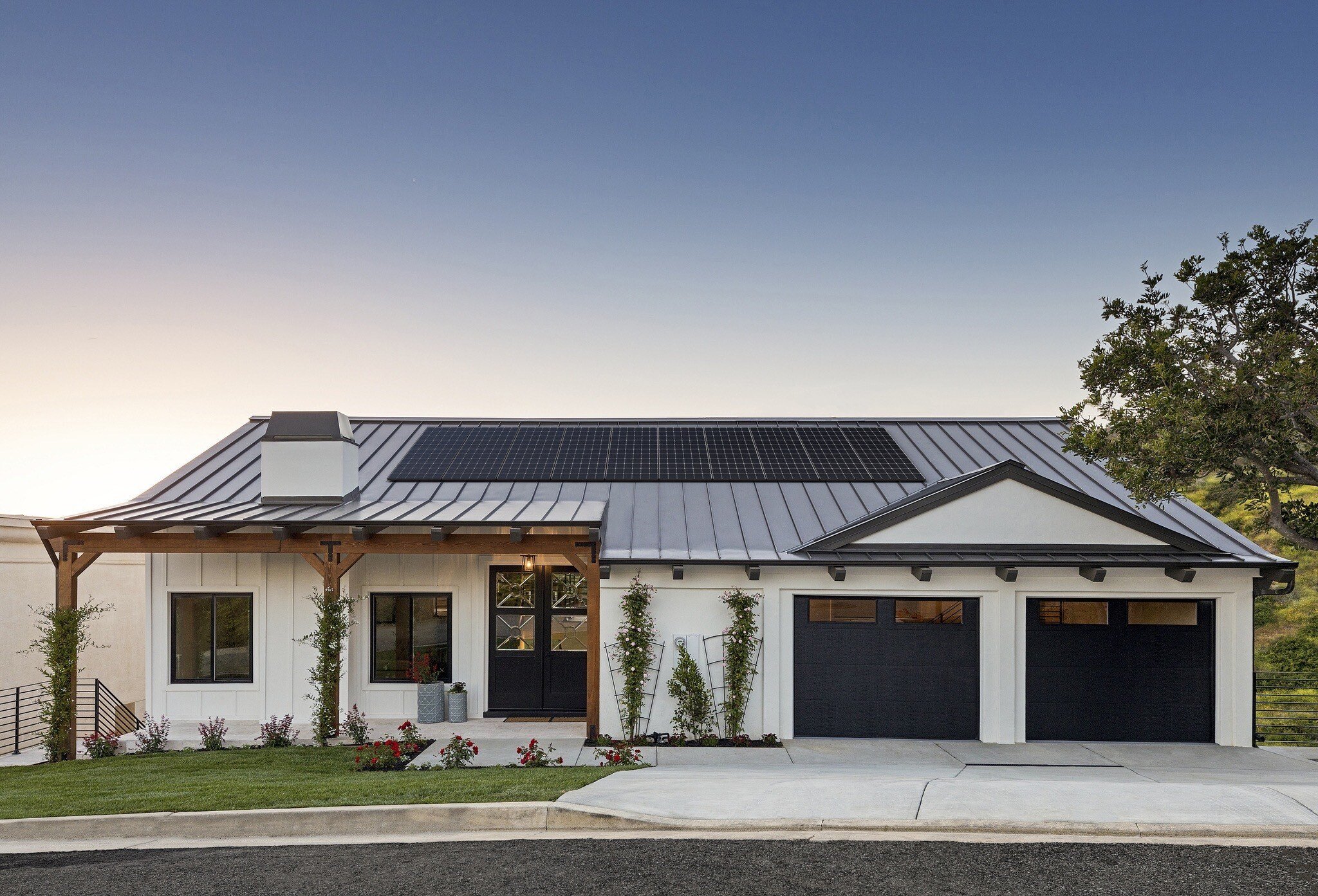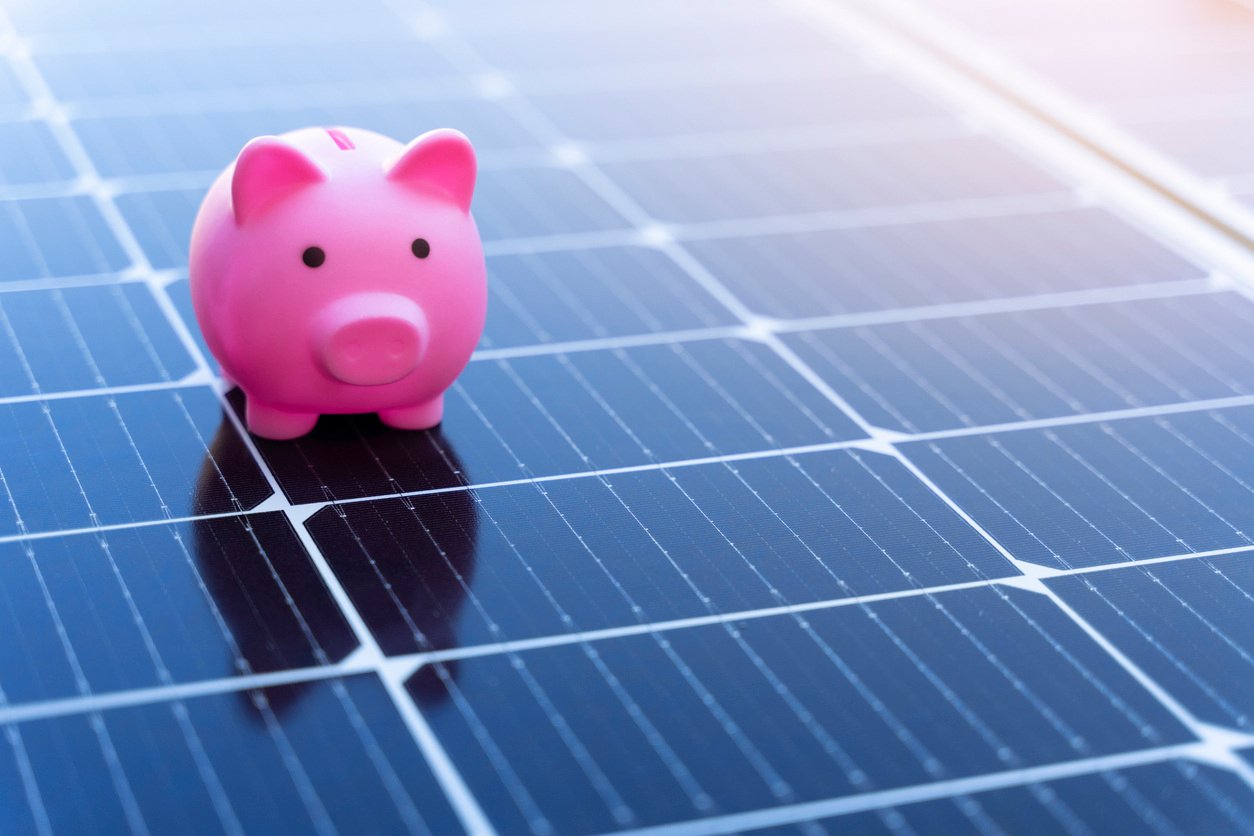If you're a homeowner considering installing solar panels, you'll be pleased to know that there are federal tax incentives available to help offset the costs. These incentives, such as the federal investment tax credit (ITC), allow homeowners to claim a percentage of the installation costs as a tax credit.
By taking advantage of these incentives, you save even more money on your energy bills by transitioning to clean energy. So, if you've been thinking about making the switch to solar power, now is the perfect time to explore the options and see how you can benefit from these tax incentives.
What is a tax credit?
A tax credit is a direct reduction in the amount of money you owe to the federal government in income taxes. It is not to be confused with a tax deduction, which reduces your taxable income. Instead, a tax credit cuts down the amount of taxes you owe, dollar-for-dollar.
For instance, a $5,000 tax credit = a $5,000 reduction in taxes owed.
What is the Federal Solar Tax Credit (ITC)?
The Federal Solar Tax Credit, also known as the Investment Tax Credit or ITC, currently allows you to claim 30% of the cost of your solar energy system as a direct federal tax credit.
So, if your solar panel system costs $10,000, you would get $3,000 back in federal tax credits.
There is no maximum claim amount, and the installation of the system must be completed during the same tax year in which the credit is claimed.
If the credit is more than the amount you owe in taxes that year, the unused amount can be rolled over and applied toward your taxes in future years.
The Federal Solar Tax Credit (ITC) will decrease after 2032 and expire after 2034 unless Congress changes or renews it. The tax credit goes down to 26% for systems installed in 2033, 22% for systems installed in 2034, and 0% starting in 2035.
What expenses are covered?
The solar tax credit amount you claim can include the following costs:
- Solar PV (photovoltaic) panels and cells
- Labor costs: contractor labor, onsite preparation, assembly, and installation
- Fees: permitting, inspection, developer fees
- Balance-of-system equipment: wiring, inverters, and mounting equipment
- Energy storage devices with a capacity rating of 3 kWh (kilowatt hours) or more
- Does not need to be connected to a solar PV system or installed during the same year as the solar PV system to qualify
- Sales tax on all qualified expenses
Am I eligible?
You may qualify if your solar PV system:
- Was installed 1/1/2017 - 12/31/2034
- Is installed at your residence in the United States
- Is newly installed or being used for the first time
- Is owned by you (purchased in cash or through financing)
What about my vacation home or rental property?
Yes, the ITC can be claimed for a secondary residence or vacation home in the United States as long as you use it as a residence.
Rental units you own but do not live in are not eligible for the Federal Solar Tax Credit (ITC), but they may qualify for the business ITC under IRC Section 48.
Can my business claim the credit?
Yes. Businesses, nonprofits, and local governments can claim the Federal Solar Tax Credit (ITC). There is another tax credit available for businesses, nonprofits, and local governments called the Production Tax Credit (PTC). Learn more here.
How to claim the Federal Solar Tax Credit (ITC):
First, consult with a tax professional to learn more about the Federal Solar Tax Credit (ITC) and confirm your eligibility. When you are ready to claim the credit, fill out IRS Form 5695 and include it with your federal tax return (Form 1040 or Form 1040NR).
Thinking about going solar? Get a quick, pressure-free quote.





